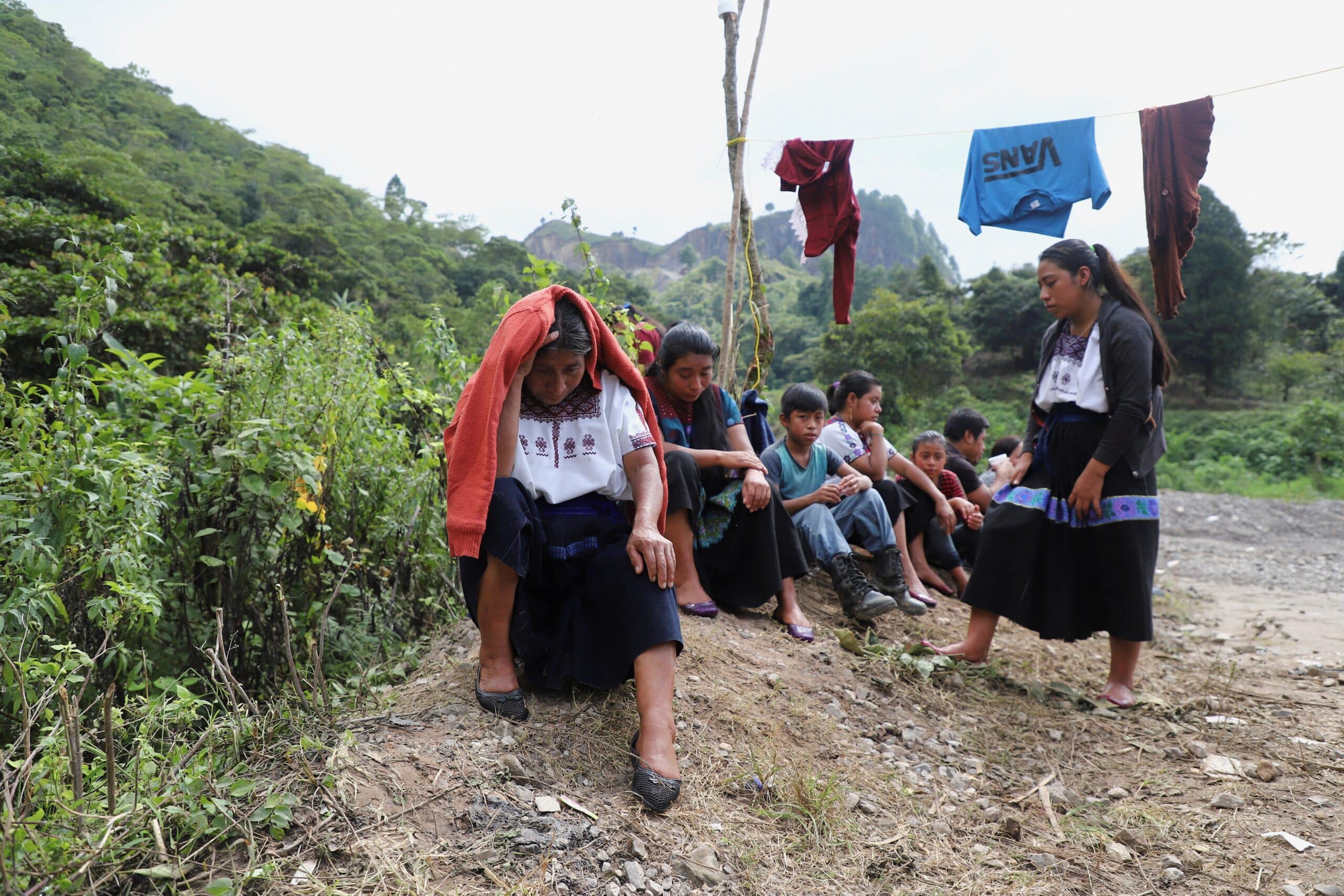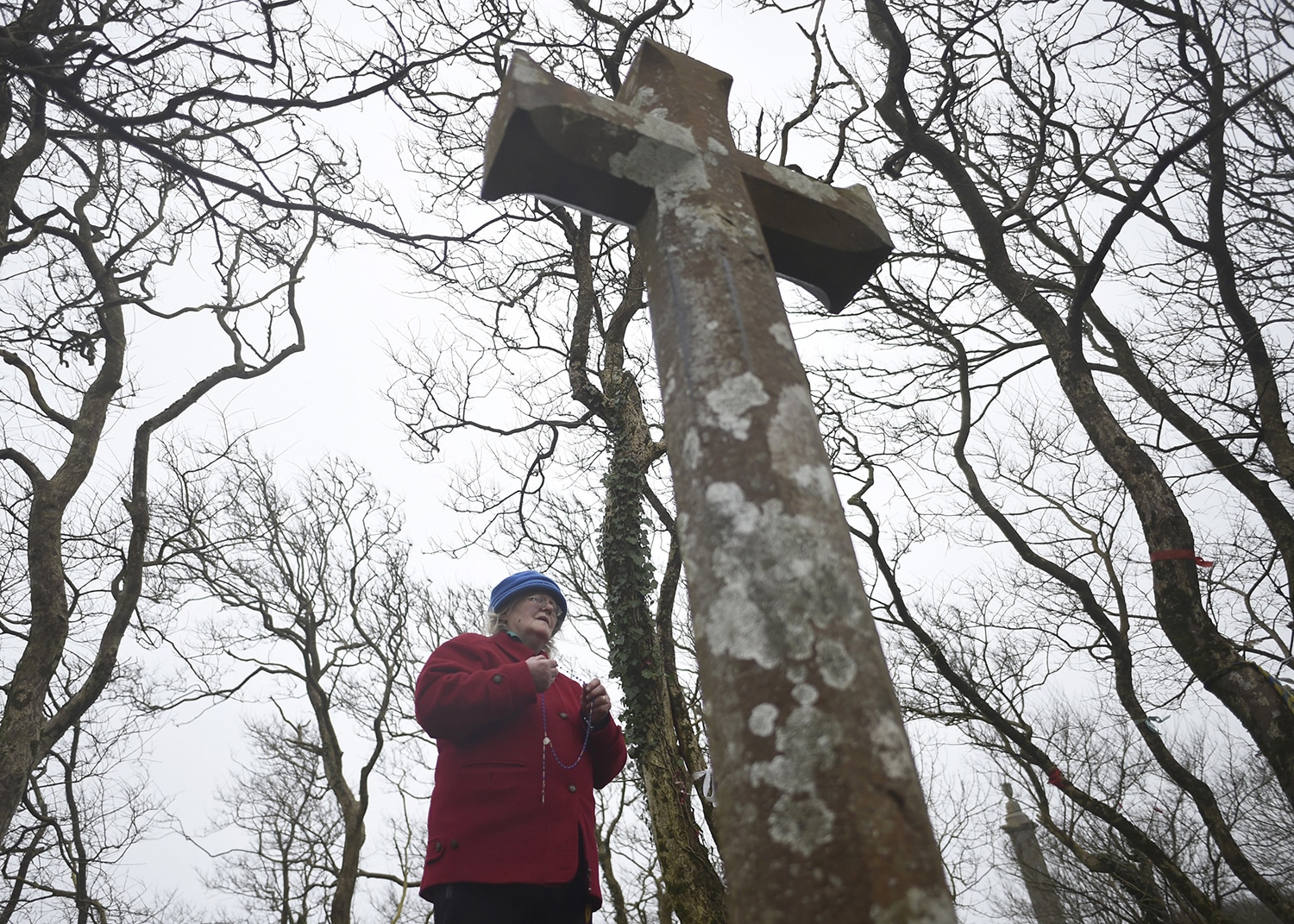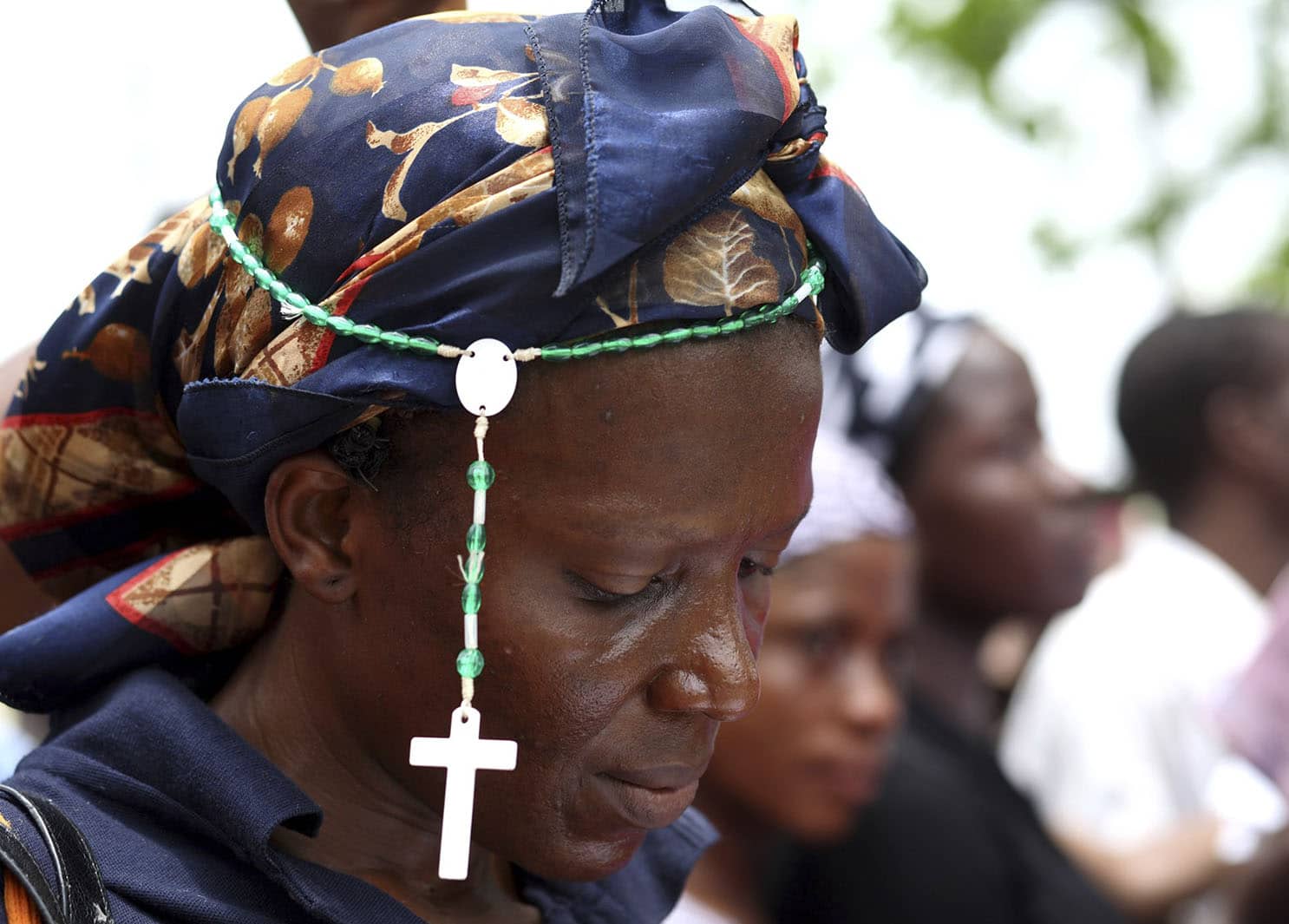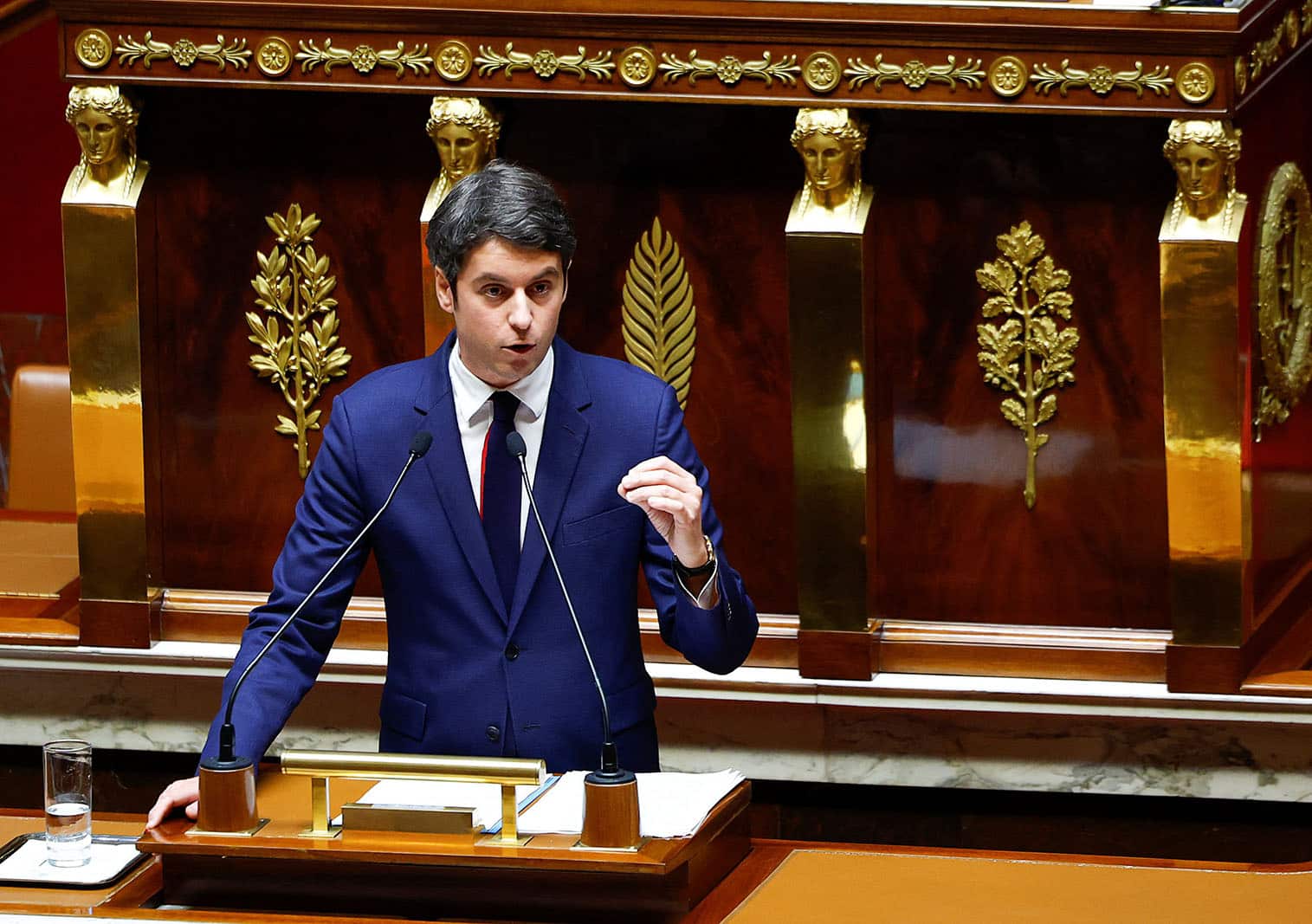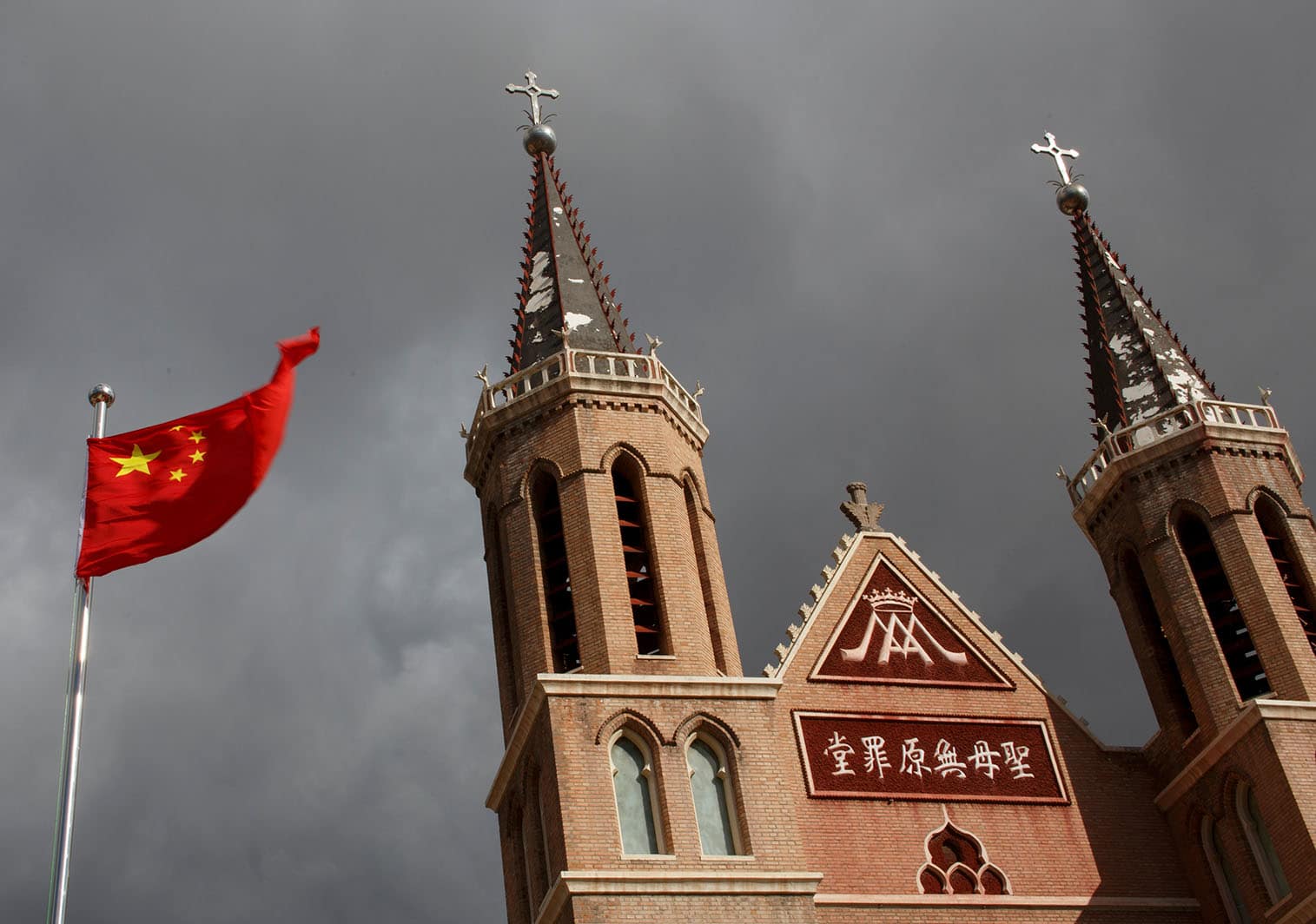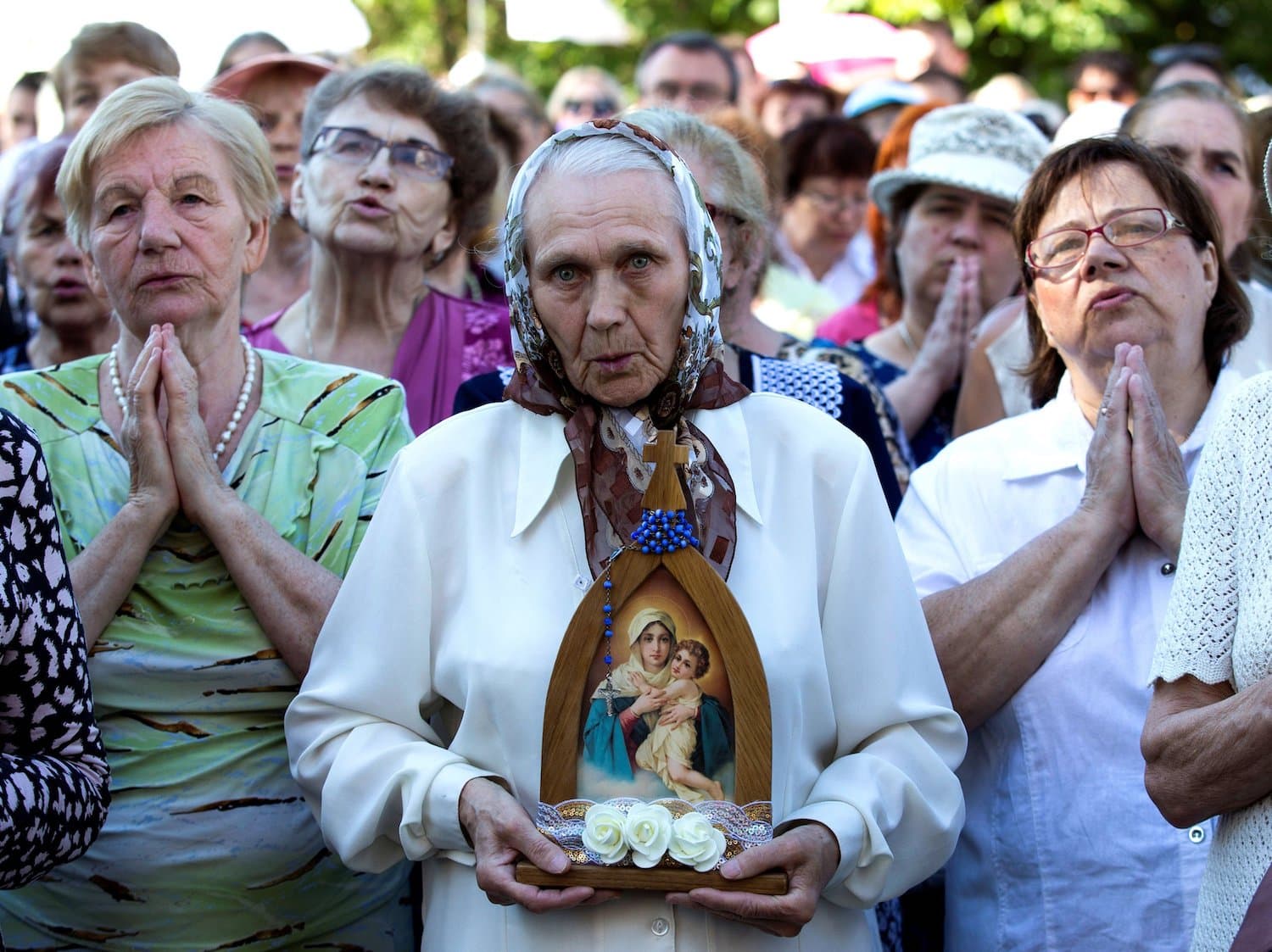MEXICO CITY (OSV News) — The Catholic peace group Pueblo Creyente marched through the colonial city of San Cristóbal de las Casas Jan. 26 to remember the late Bishop Samuel Ruiz Garcia, who promoted a vision of an autochthonous Church in the largely Indigenous state of Chiapas.
The march also called for an end to the rising violence in Chiapas, where rival drug cartels are disputing territory in the southern Mexican state, prompting entire villages to flee.
“It is urgent that the Mexican state implement measures to guarantee the comprehensive protection of the civilian population, including servants of the Church and defenders of territory,” Pueblo Creyente (People Who Believe) said in a Jan. 25 statement.
The statement said 2,300 people had been forcibly displaced from three Chiapas municipalities over the past year. It attributed the forced displacements to “violence from a dispute for territory between organized criminal groups has left them away from their homes.”
The comments echoed a Dec. 21 statement from the Diocese of San Cristóbal de las Casas, which decried, “Organized crime keeps communities besieged, kidnapped, intimidated and threatened, violating them more every day.”
The statement added, “In Chiapas state, we are living in fear of criminal groups, which are disputing territory, (using) civilians as human barriers … without respecting people’s right to security, free transit and peace.”
Long-suffering violence and disputes
Chiapas has long suffered political violence and territorial disputes, while Indigenous groups have resisted dispossession and the Zapatistas famously mobilized on New Year’s Day 30 years ago. The peasant rebels took up arms in 1994 and now live in autonomous municipalities called caracoles.
Bishop Ruiz, who headed the Diocese of San Cristóbal de las Casas from 1960 to 2000, mediated a commission looking for an end to the conflict between the Mexican government and the indigenous Zapatista National Liberation Army in Chiapas state from 1994 to 1998 — most of the Zapatista members identify as Catholics.
In a never-ending cycle of turbulence for the region however, Mexico’s two biggest drug cartels — the Sinaloa Cartel and Jalisco New Generation Cartel — have moved into the state and have been disputing a corridor along the border with Guatemala, which is coveted for smuggling drugs and migrants.
“Chiapas is barely beginning to experience the fallout of a set of conflicts that the federal and state governments’ impoverished deterrence strategies are allowing to escalate,” Falko Ernst, senior Mexico analyst for the International Crisis Group, told OSV News.
Residents forced to leave their homes
Residents of the municipality of Chicomuselo hid in their homes as bullets pierced the walls during a seven-hour gunfight Jan. 4, which killed 20 people — including two locals, whose relatives were unable to retrieve the bodies — according to a statement from the community.
“They’re killing us, they’re forcing us to leave our homes and others to be part of them,” the statement said.
“Communities are stuck in the middle of this,” said a priest who works in the area and spoke on condition of anonymity.
A director of a Catholic relief organization in the corridor, who also didn’t want his name published, described a situation in which people remaining are forced to pay extortion, while roads through the region are covered with illegal cartel checkpoints.
“There are a lot of casualties in the confrontations,” the director told OSV News, adding, “They go straight into the houses and grab the young people or the men. That’s why so many have decided to flee.”
Government distrust
President Andrés Manuel López Obrador has mostly downplayed reports of violence in Chiapas. Speaking at a Jan. 19 press conference, he told people not to flee and “trust” the National Guard — a militarized police force — insisting that those distrustful of the were “protecting criminals. That’s clear.”
The Catholic relief group’s director said people distrusted the National Guard because the shootouts took place near the guard’s barracks, and guard members “never show up.” The director added that villagers have attempted to arm themselves and form self-defense groups to keep the cartels out of their communities. “But they’ve sent the army and the National Guard to practically intimidate the population,” the director said.
The presence of soldiers has long provoked disquiet in Chiapas, where soldiers were sent after the Zapatista uprising.
“We recognize the increase in militarization, but we do not see results,” Auxiliary Bishop Luis Manuel López Alfaro of San Cristóbal de las Casas said in a Mass celebrated Jan. 25 for the Pueblo Creyente march, according to the newspaper La Jornada.
“It is contradictory for us to see criminal groups acting permissively without the intervention of those who should guarantee peace in our towns and communities,” he stressed.

